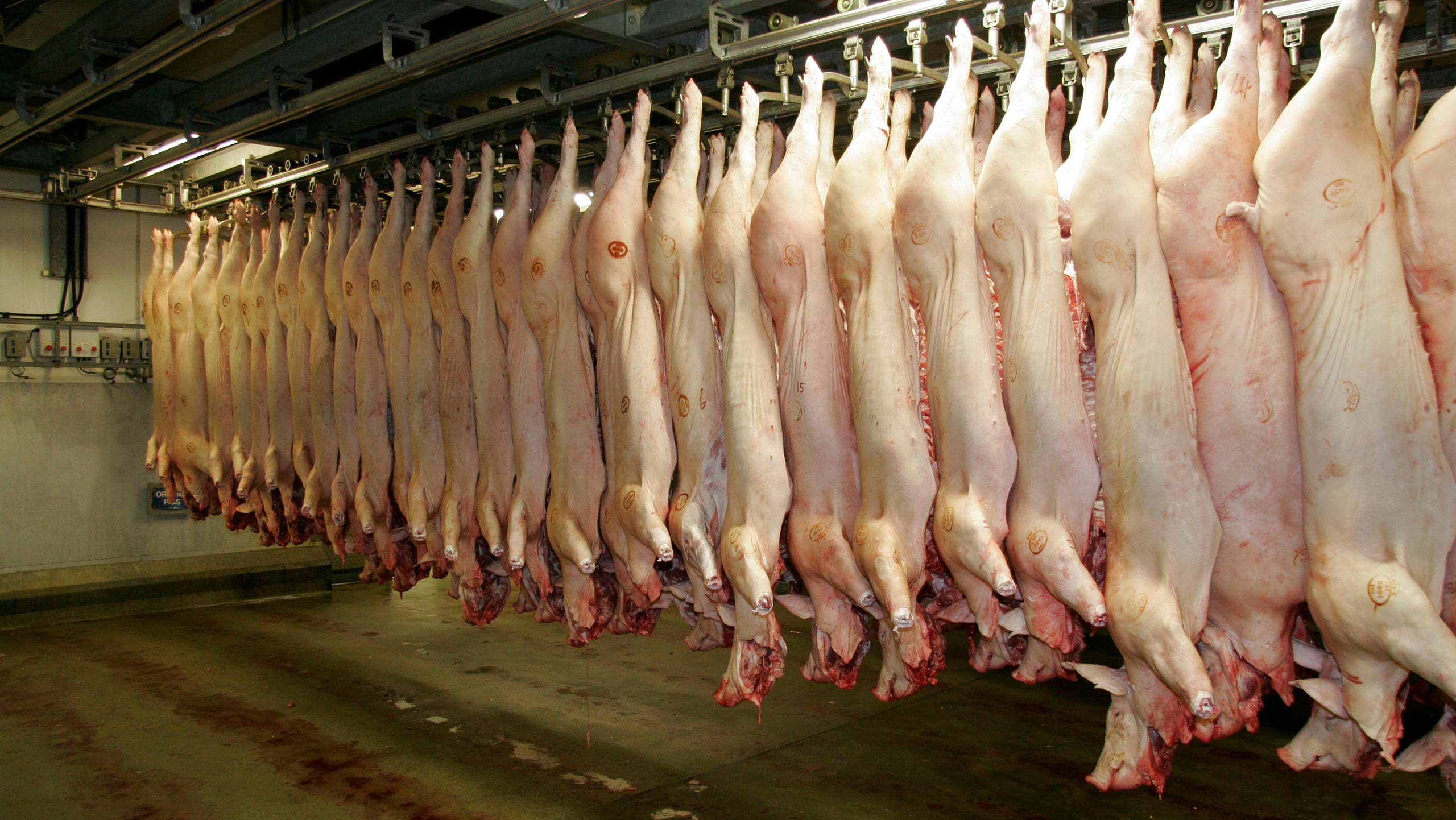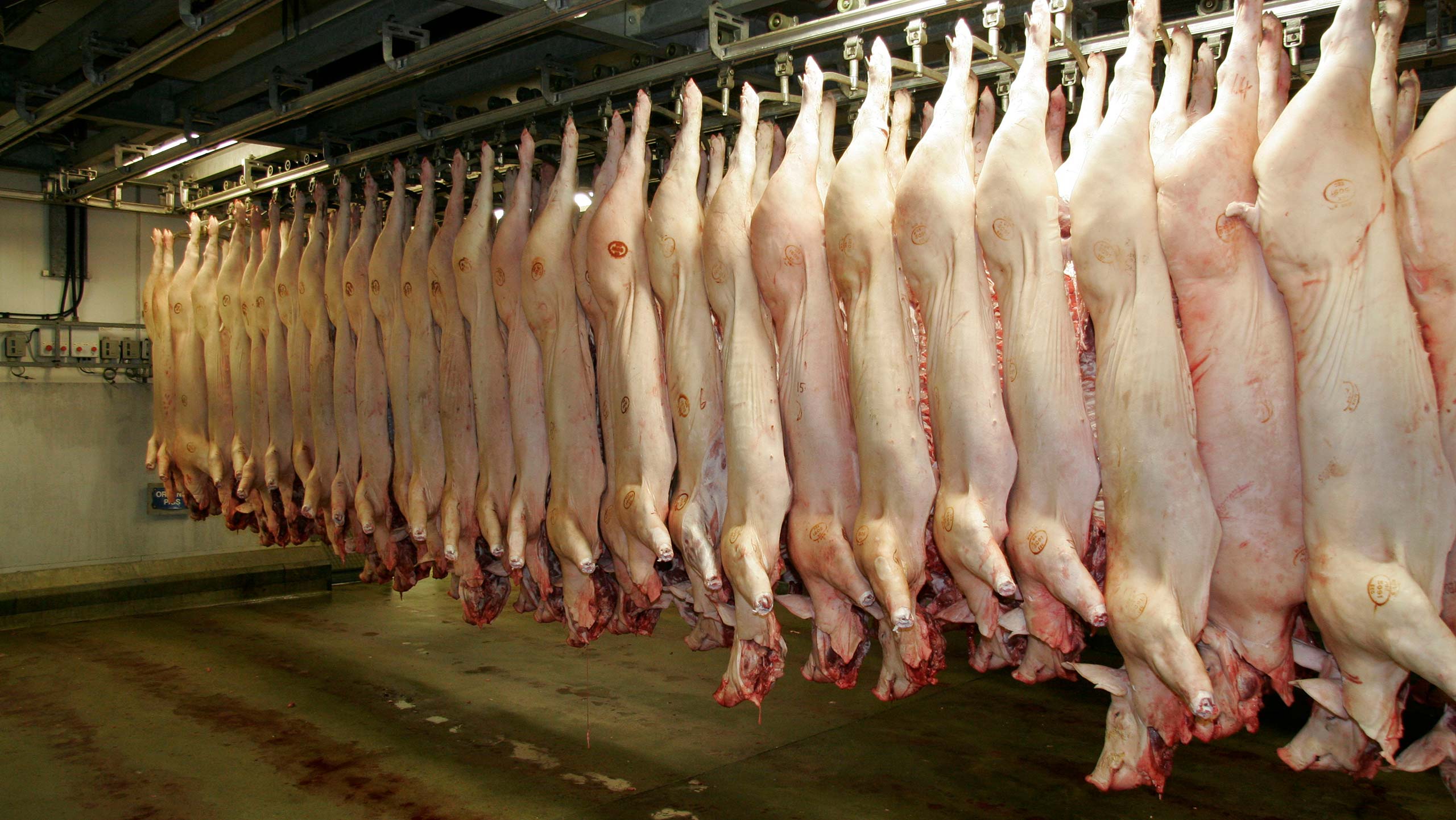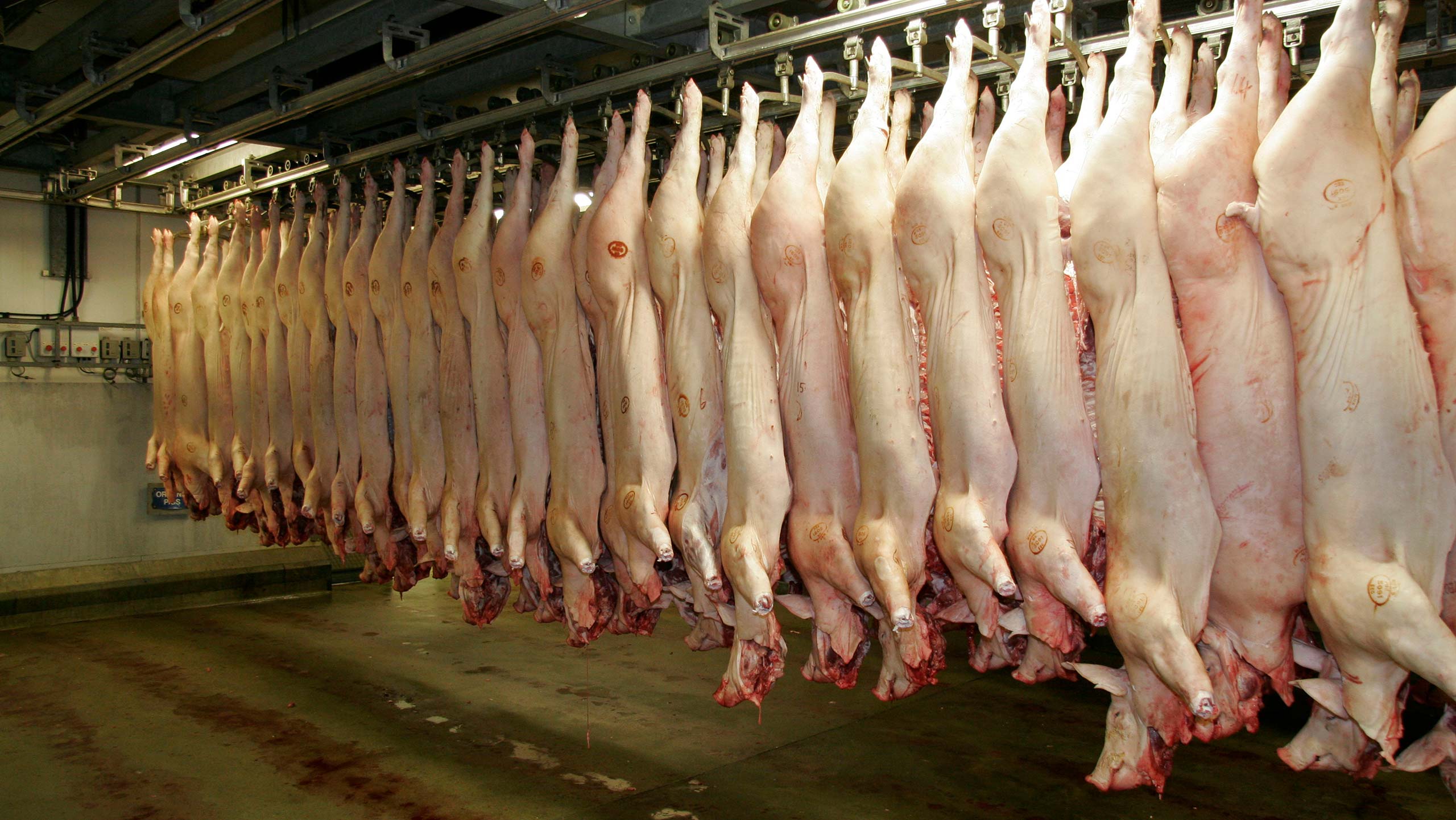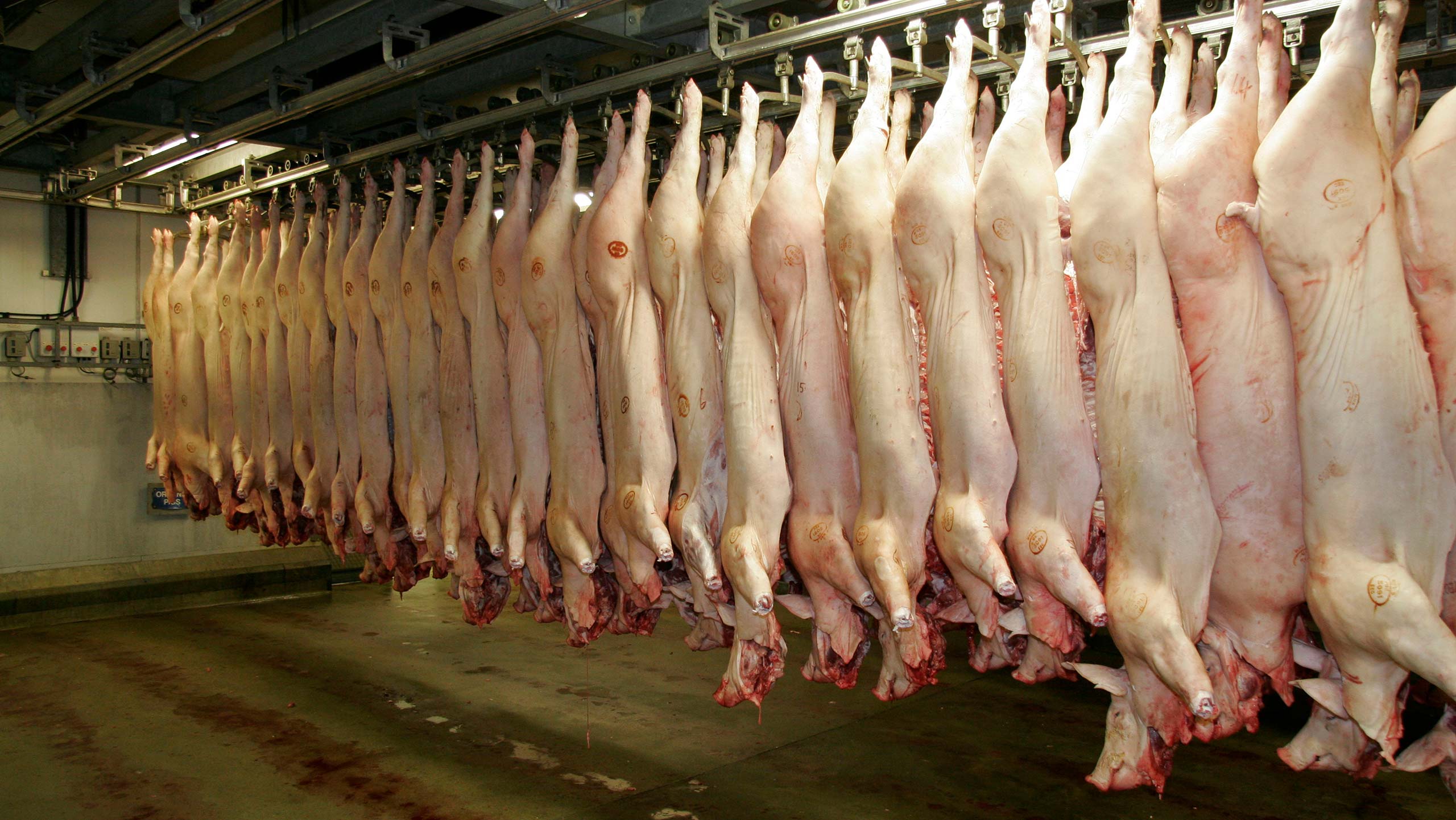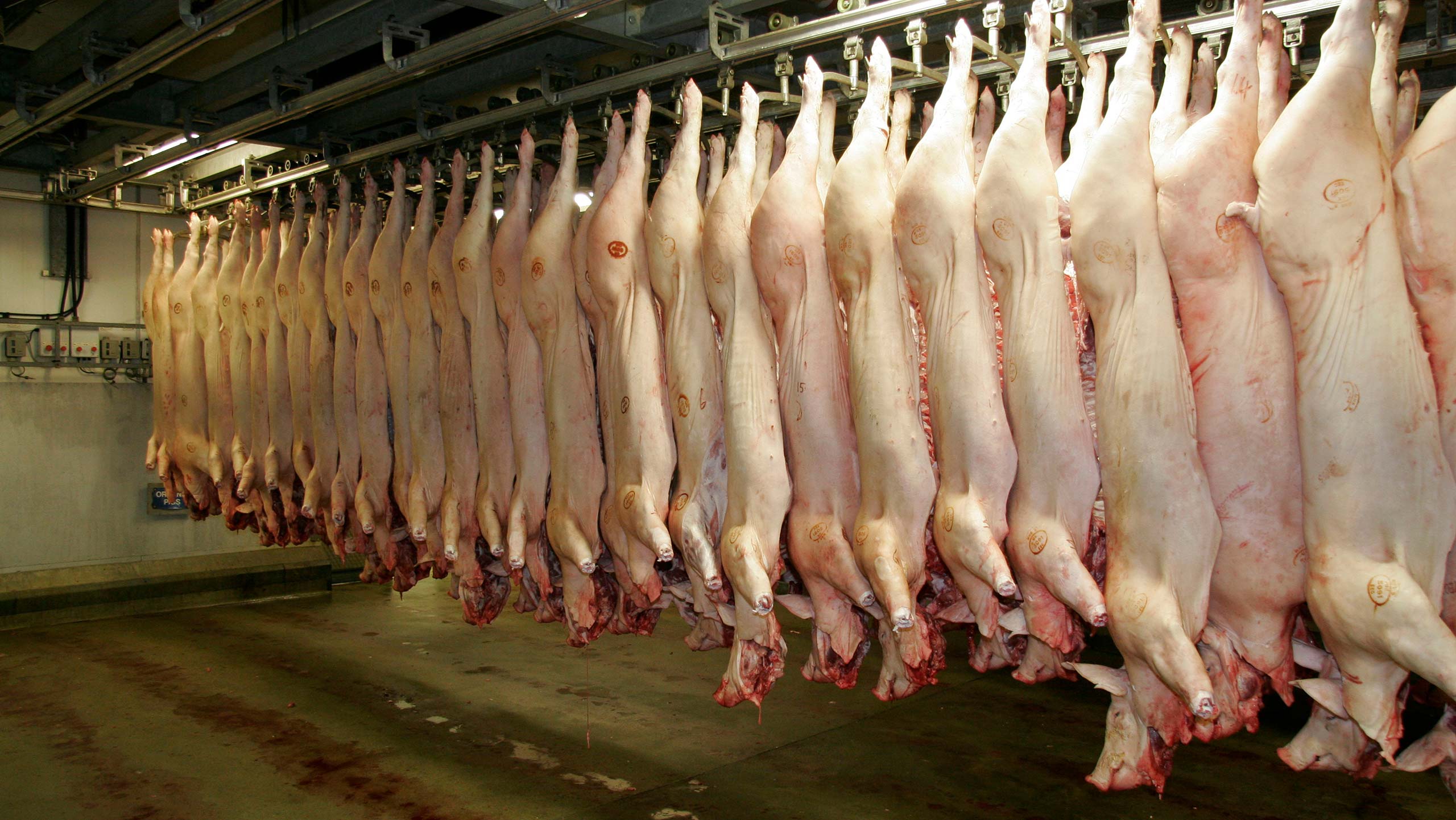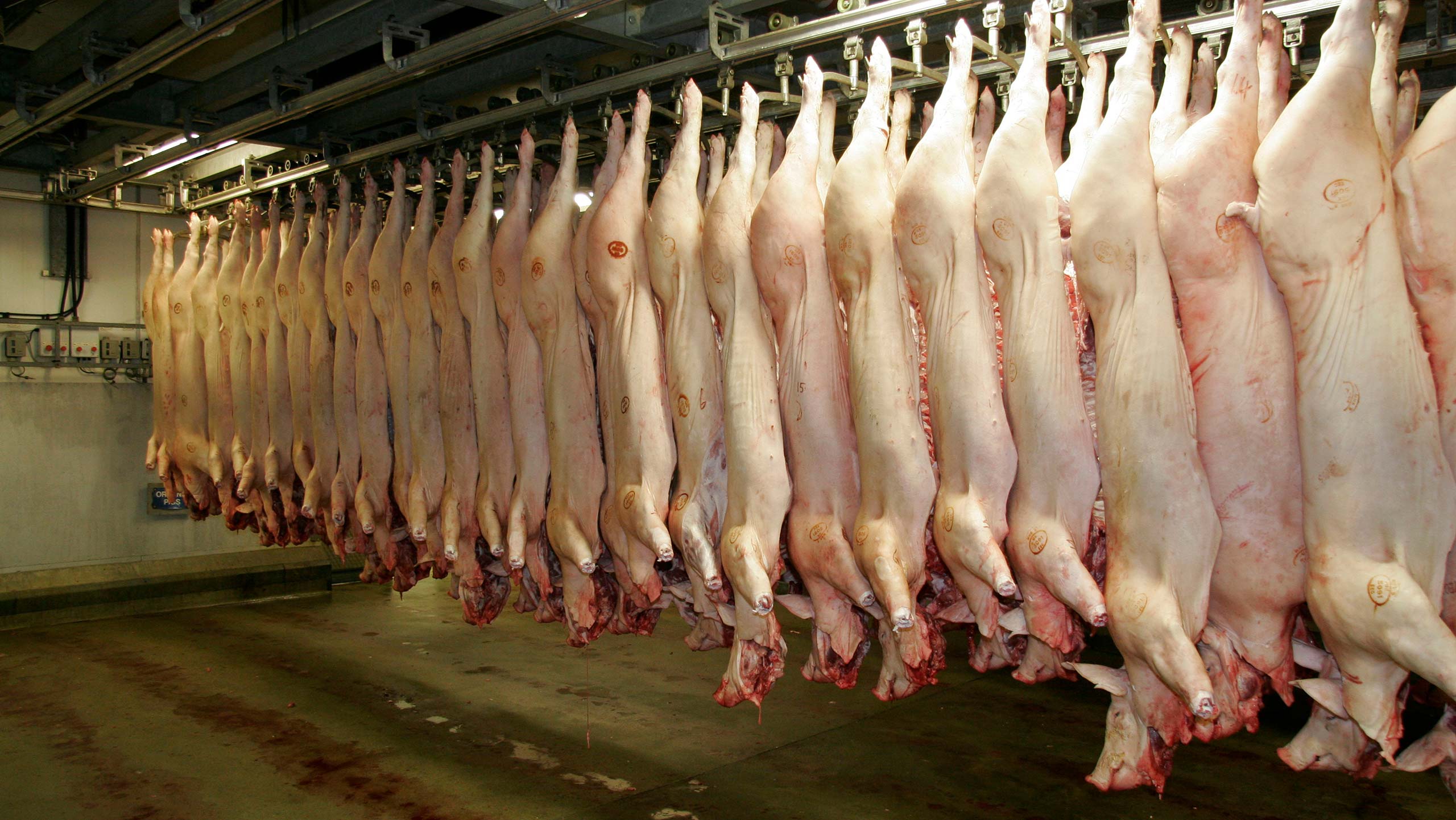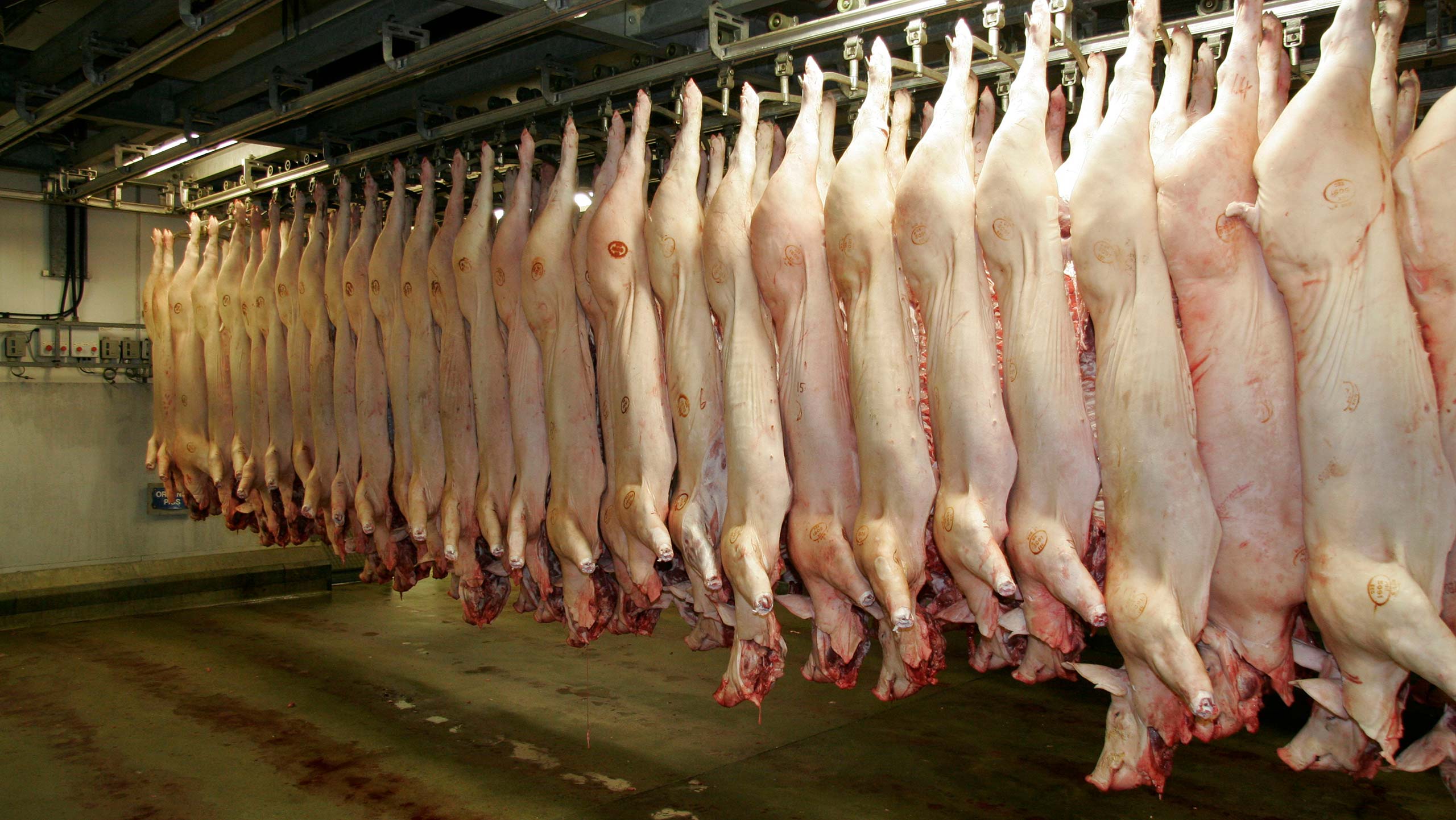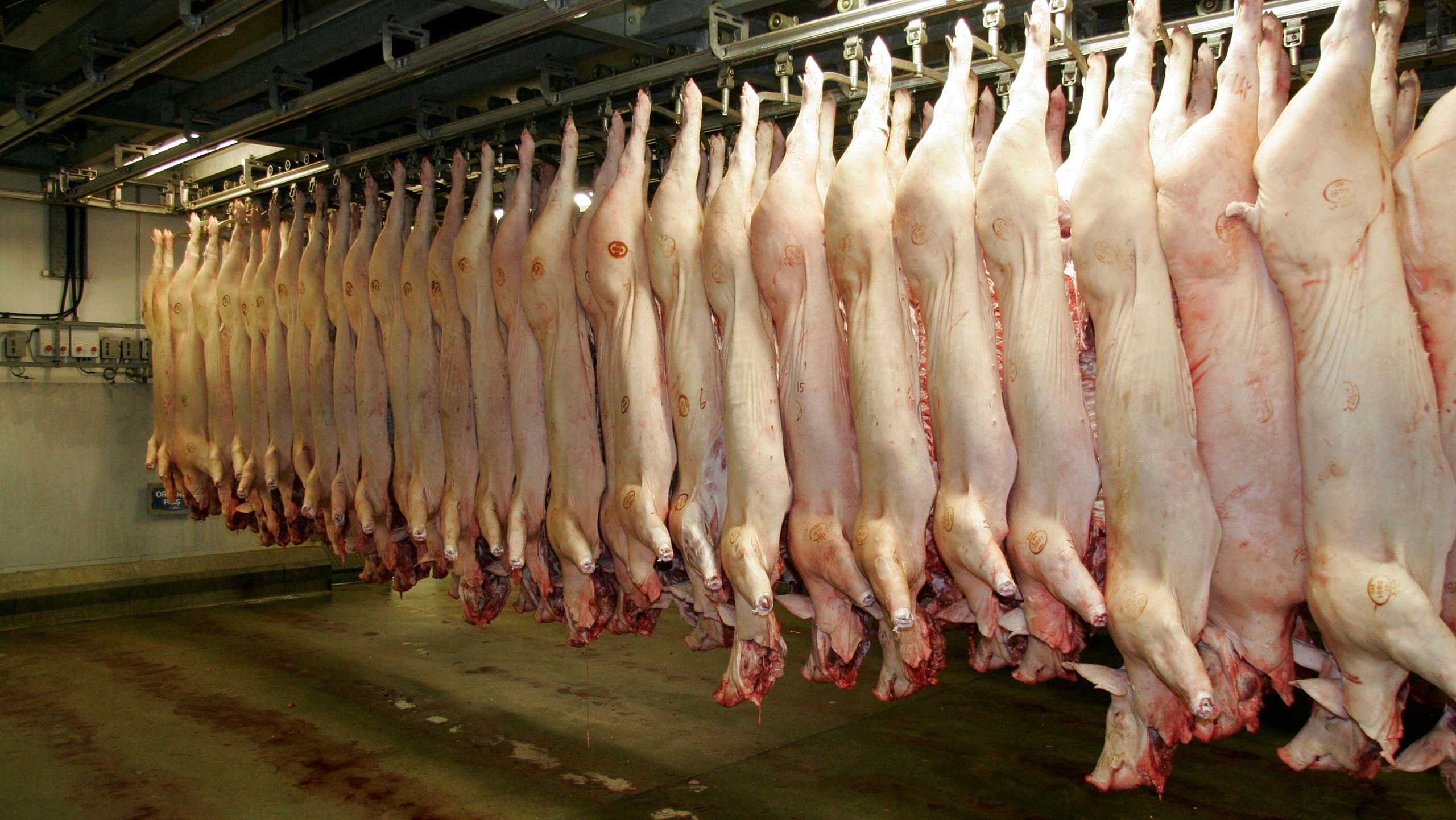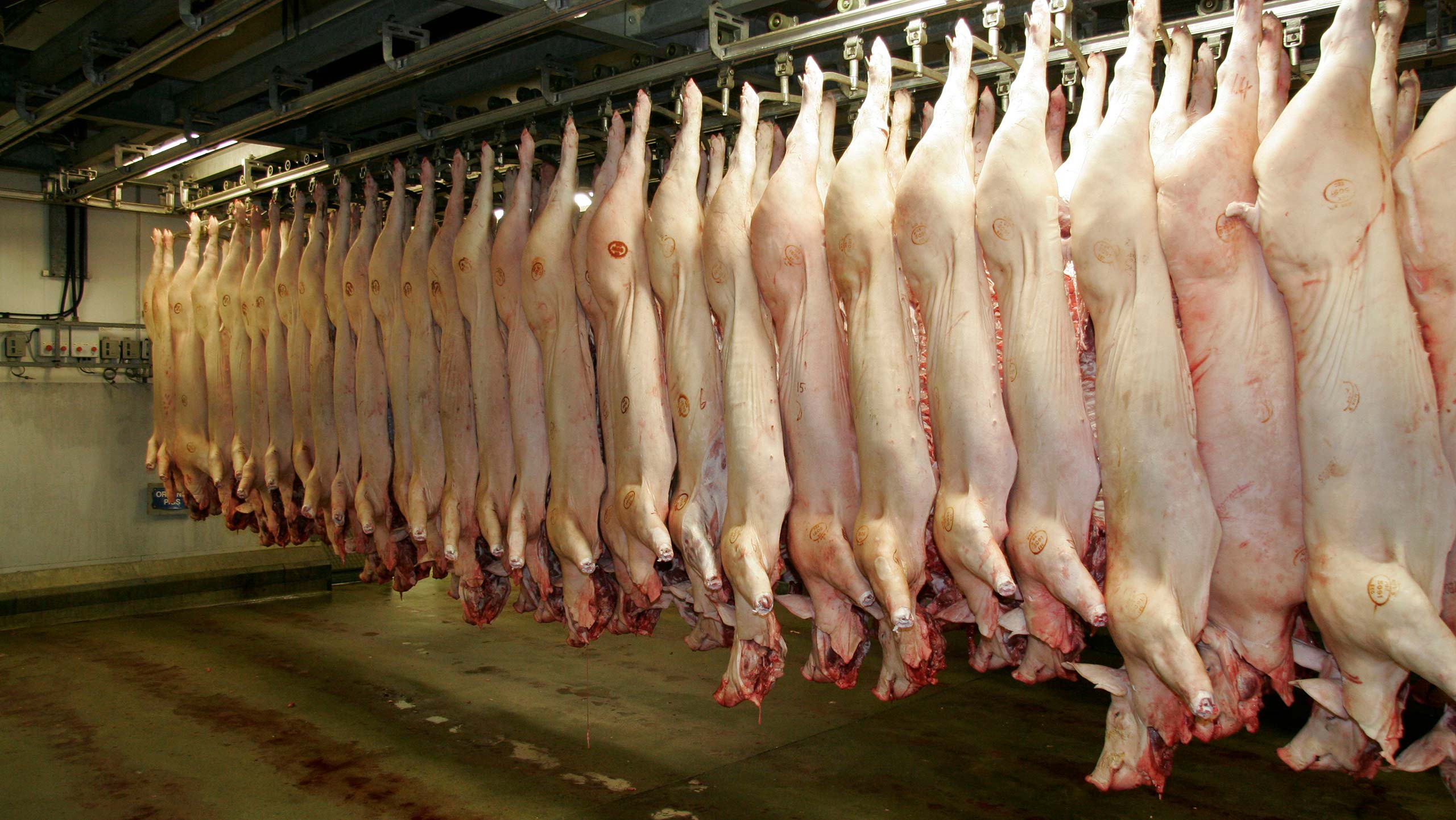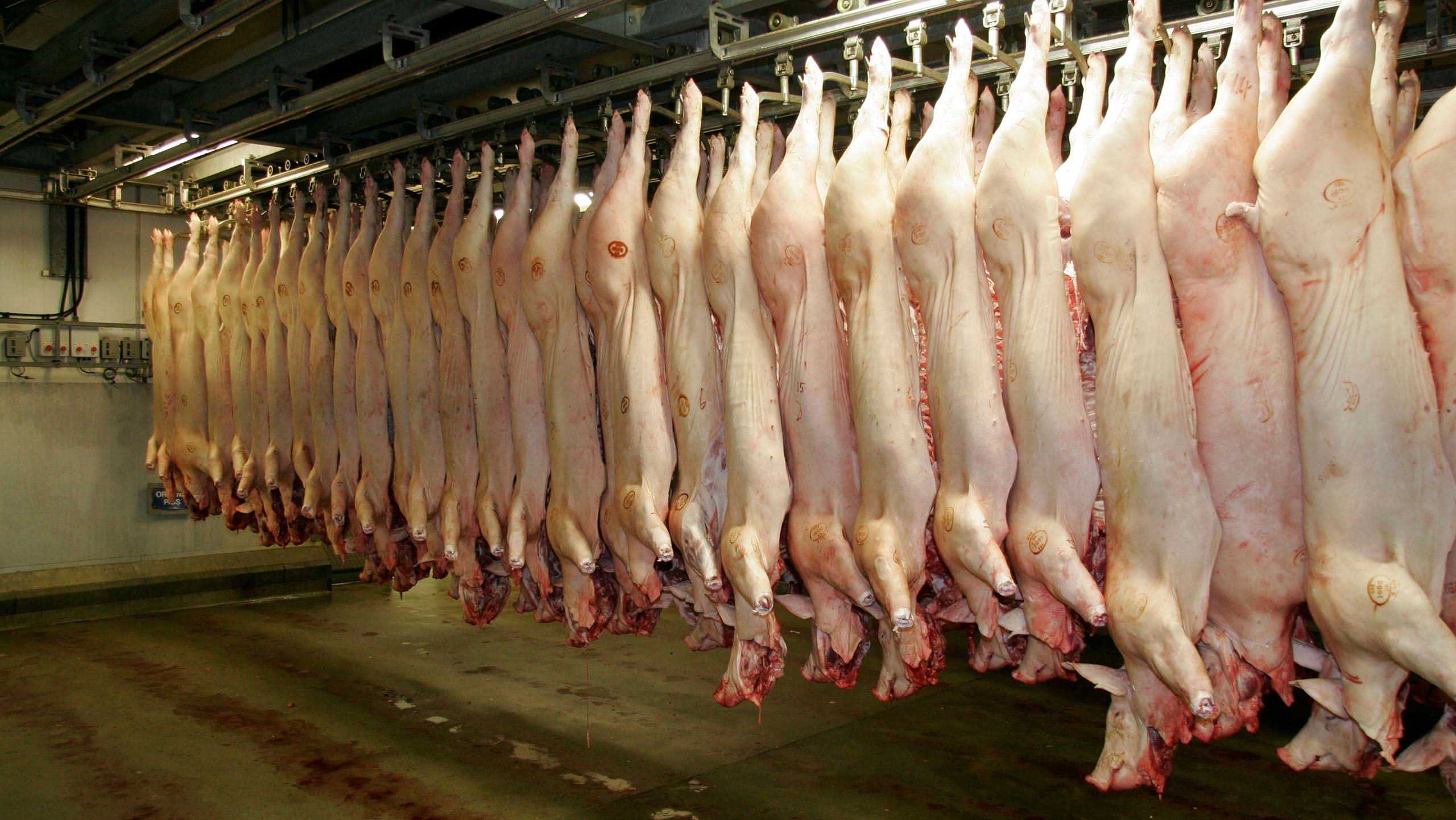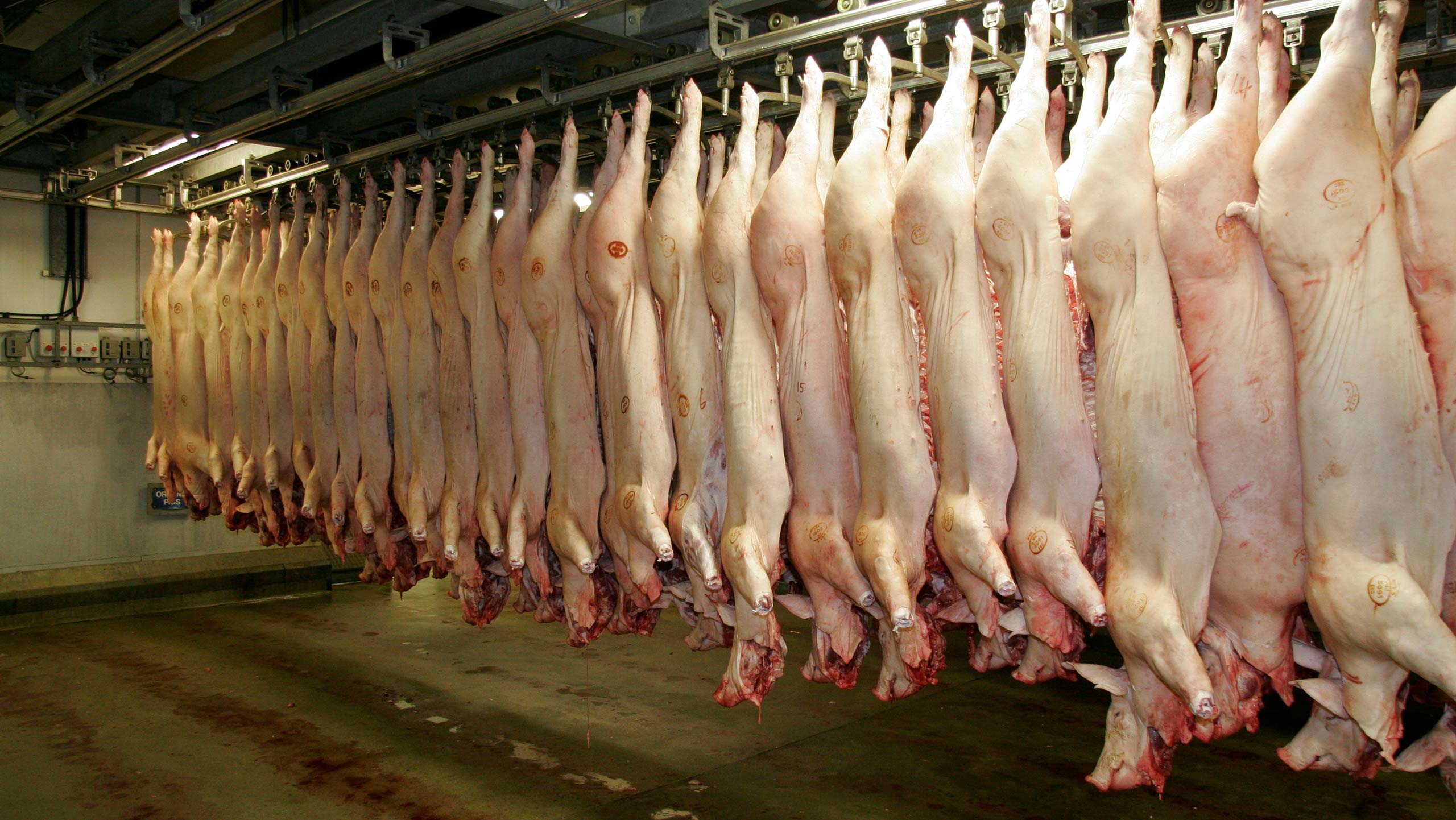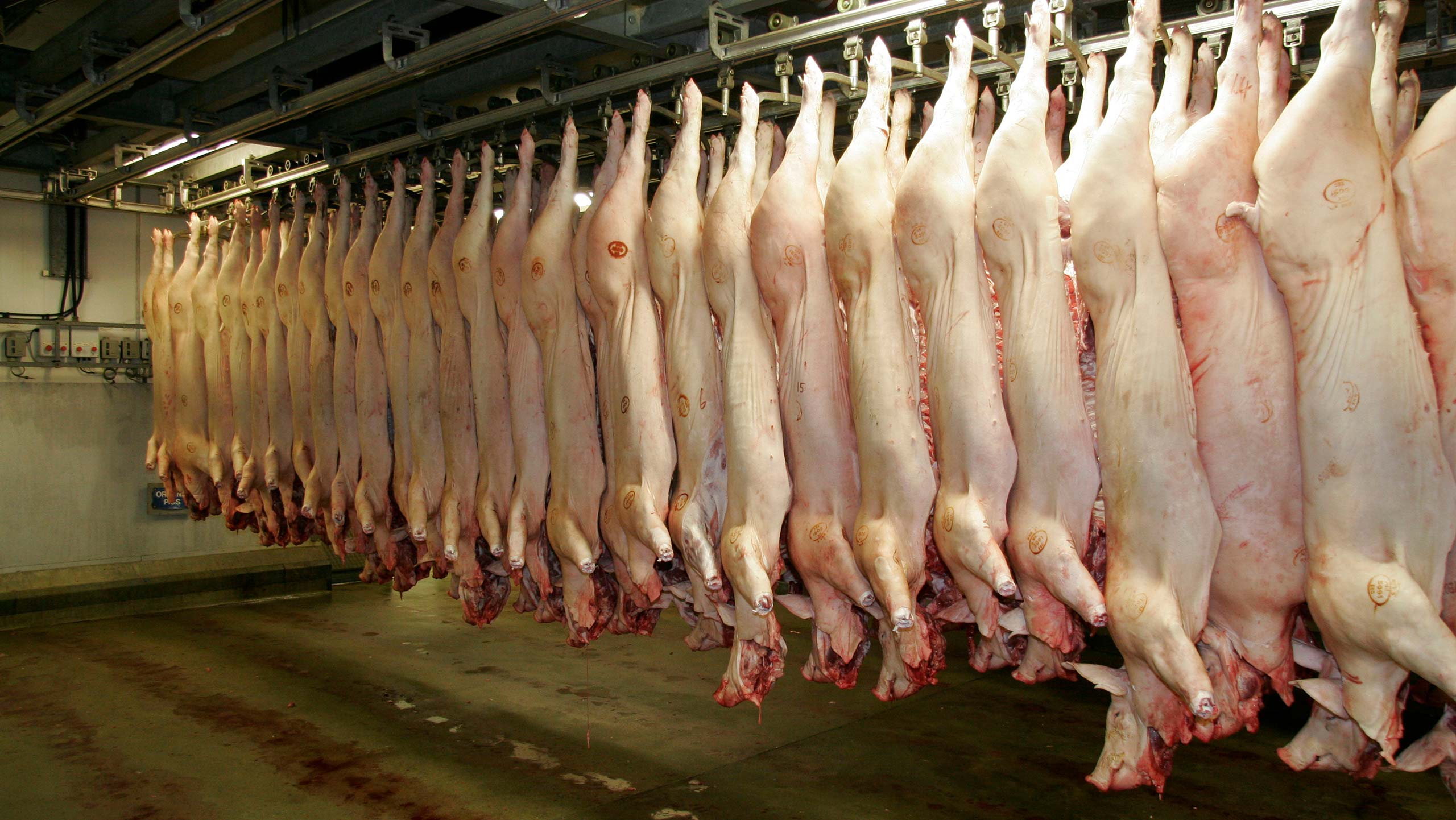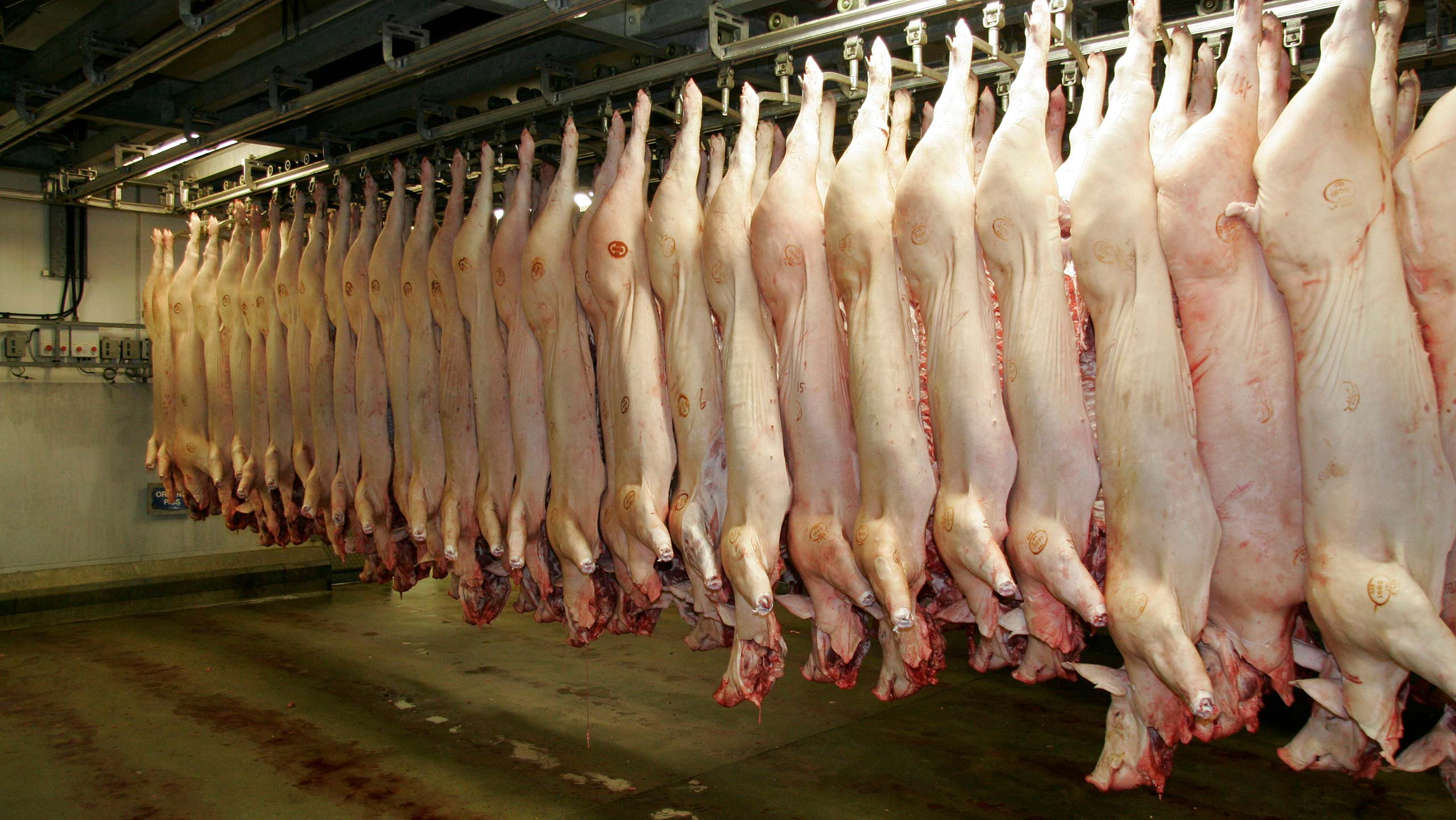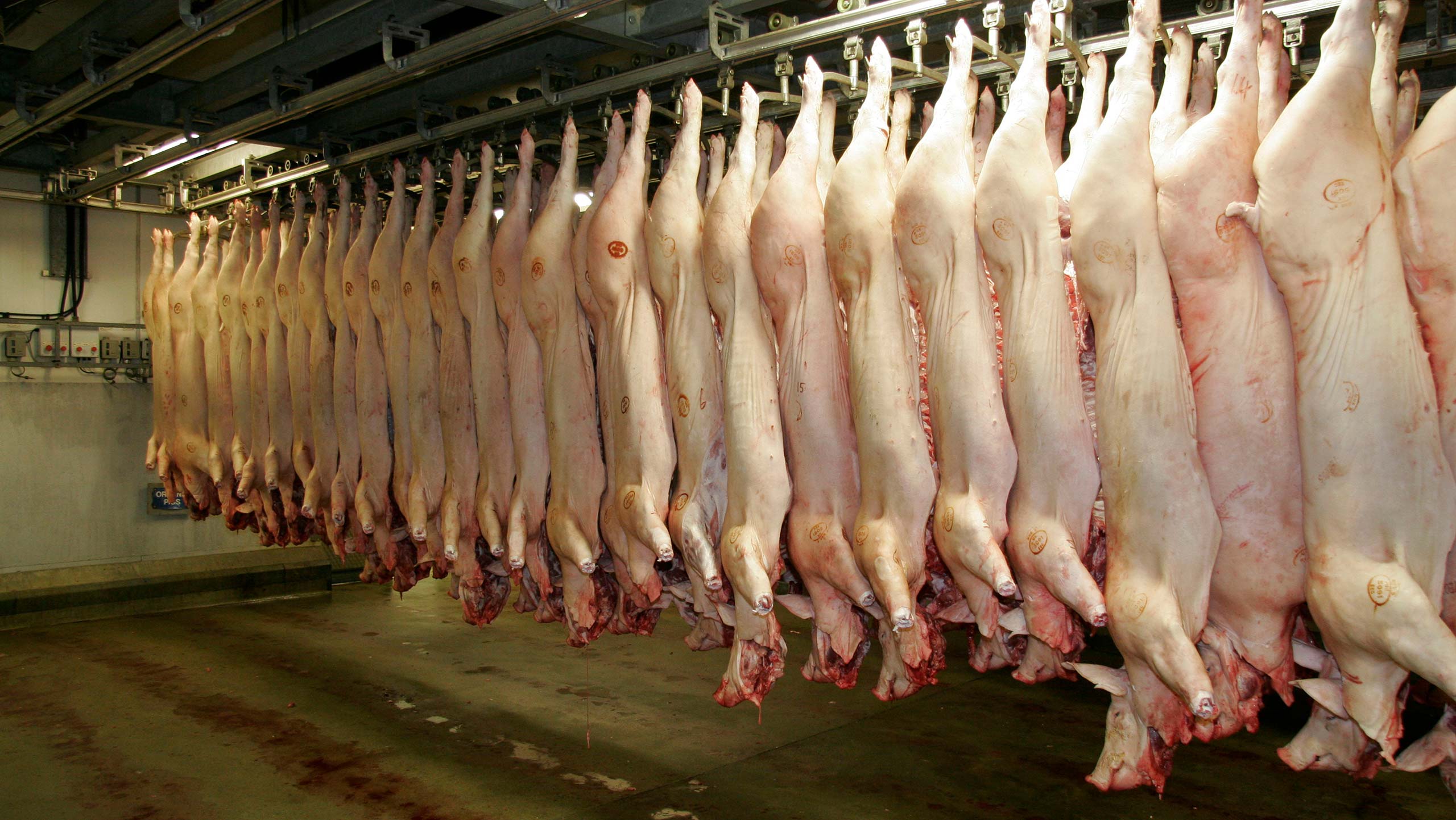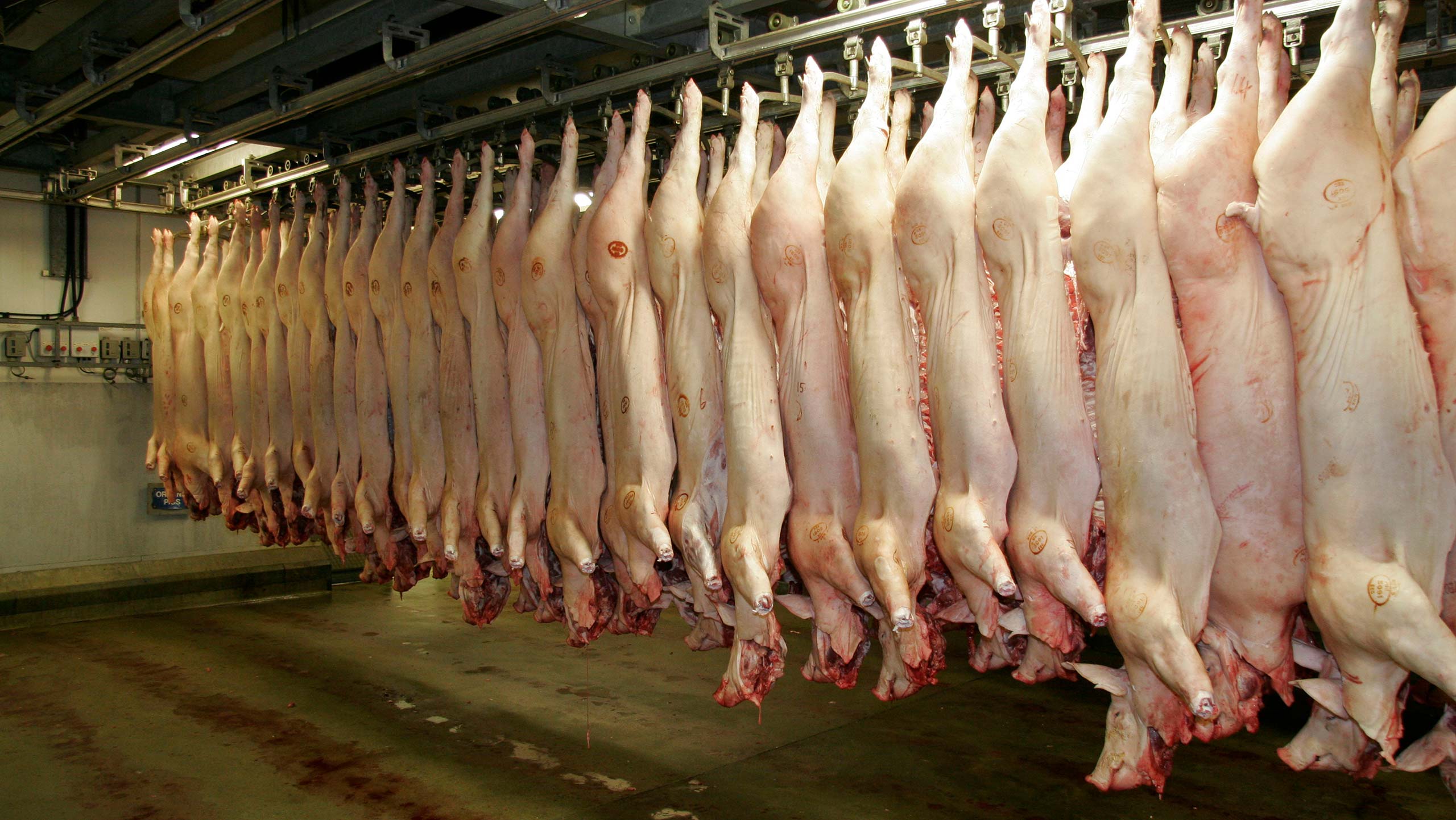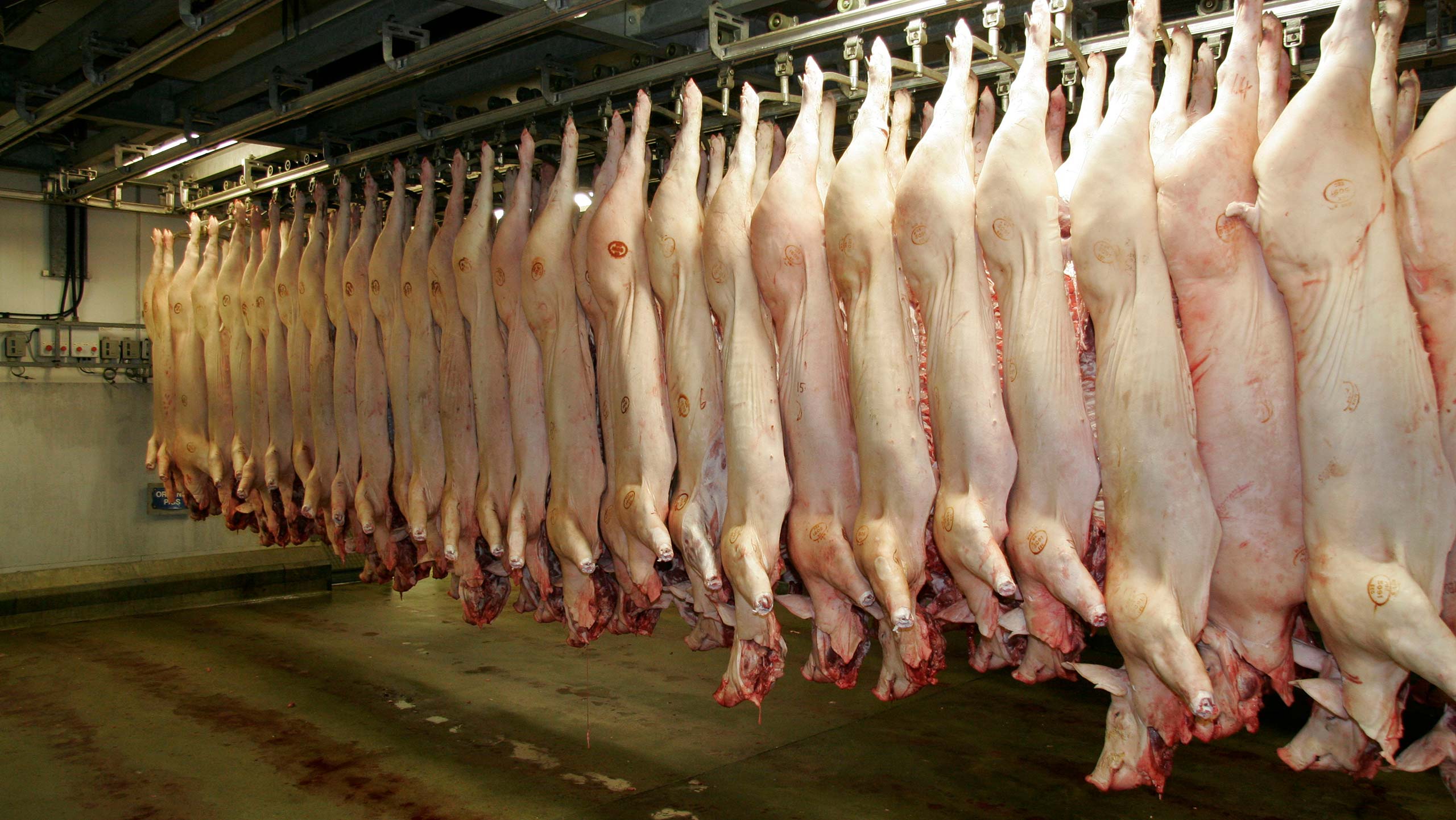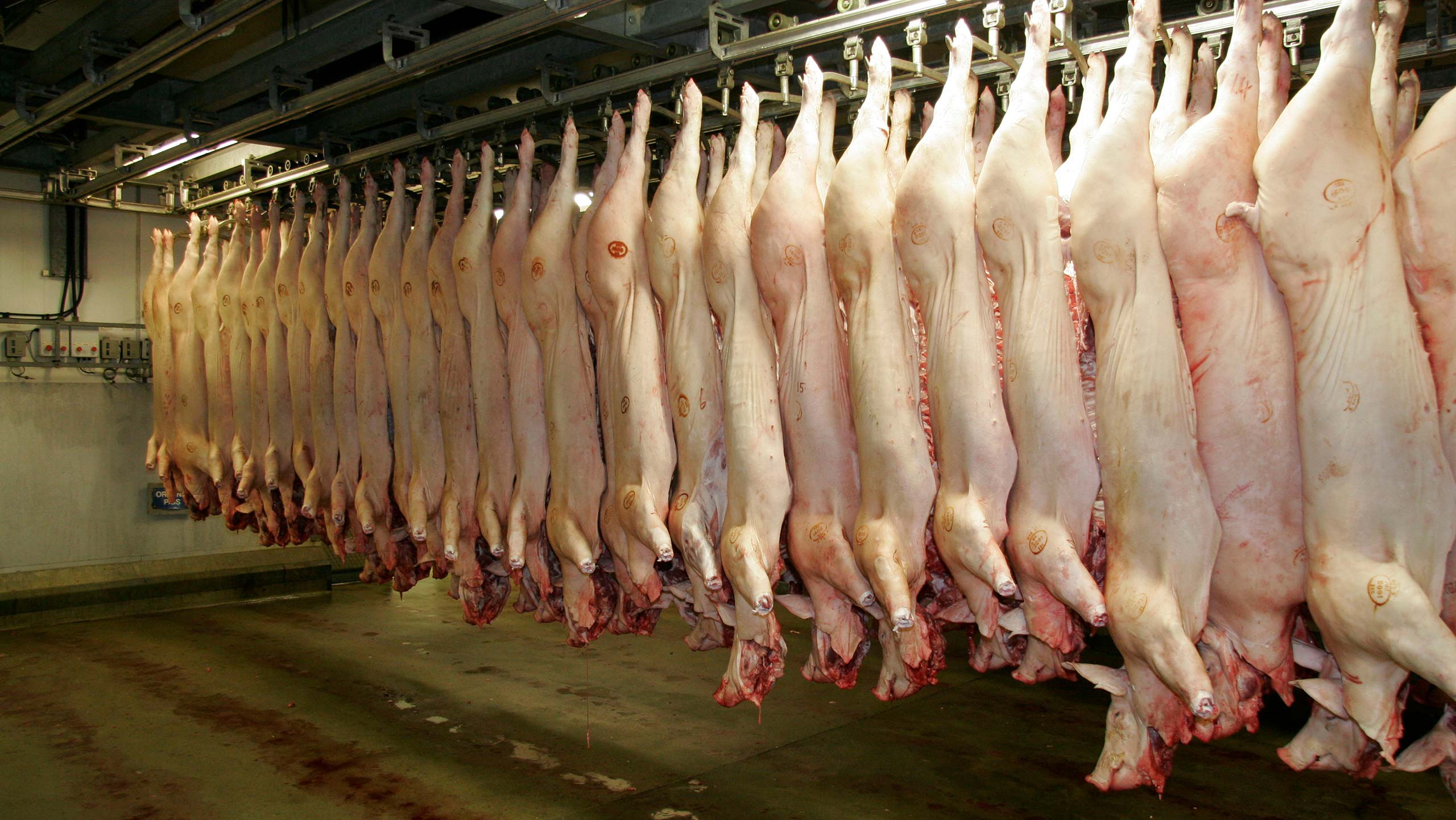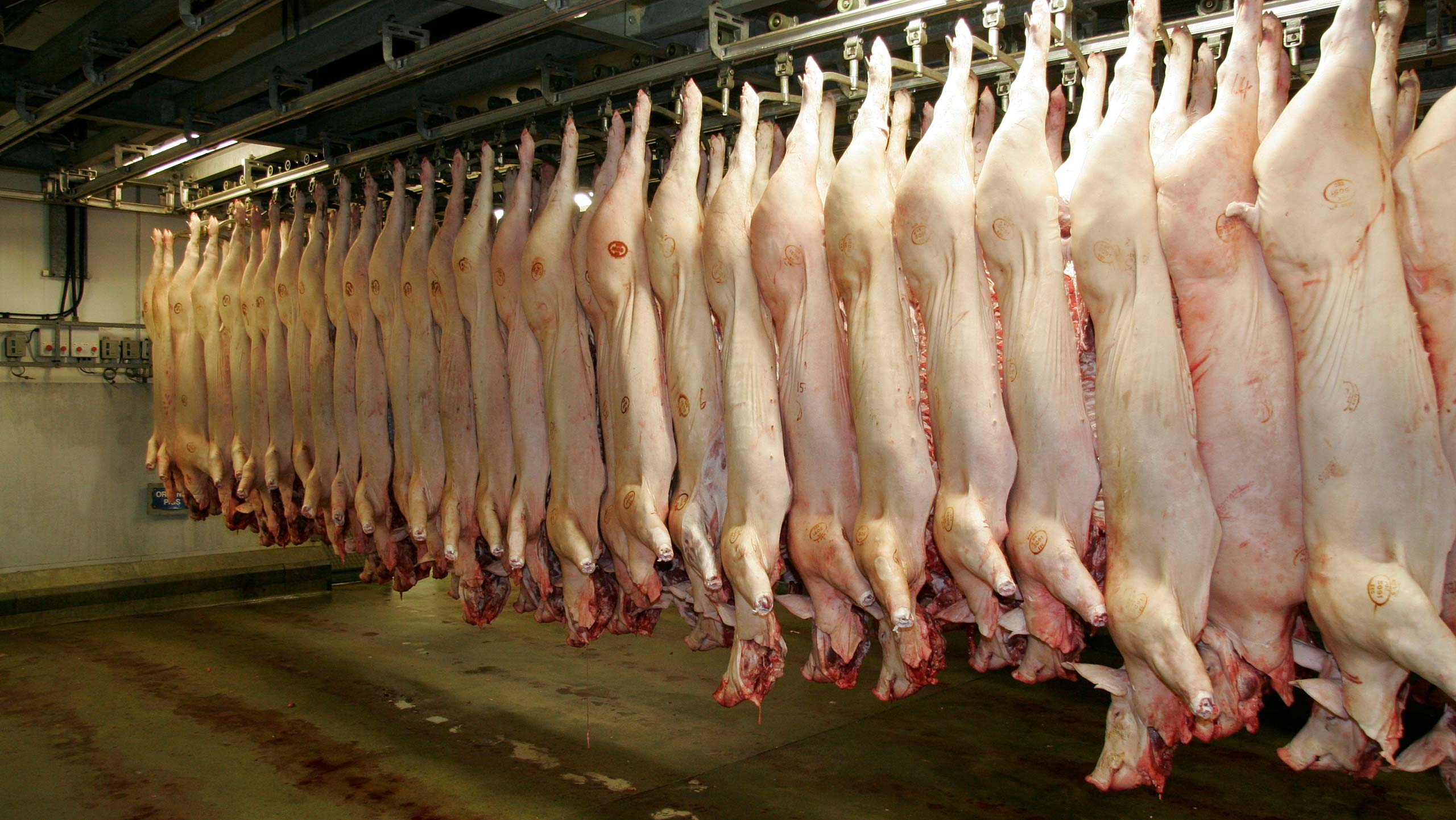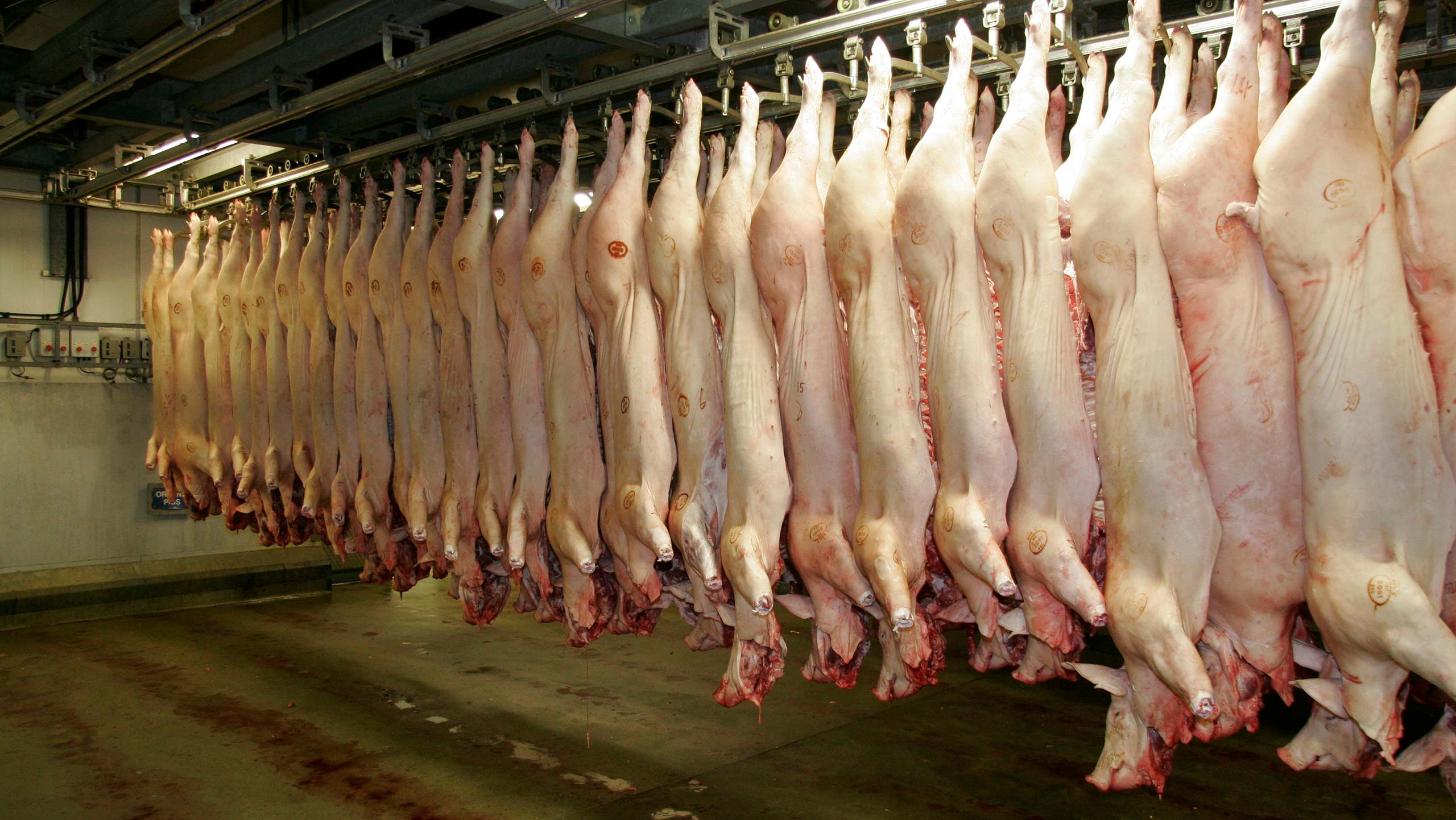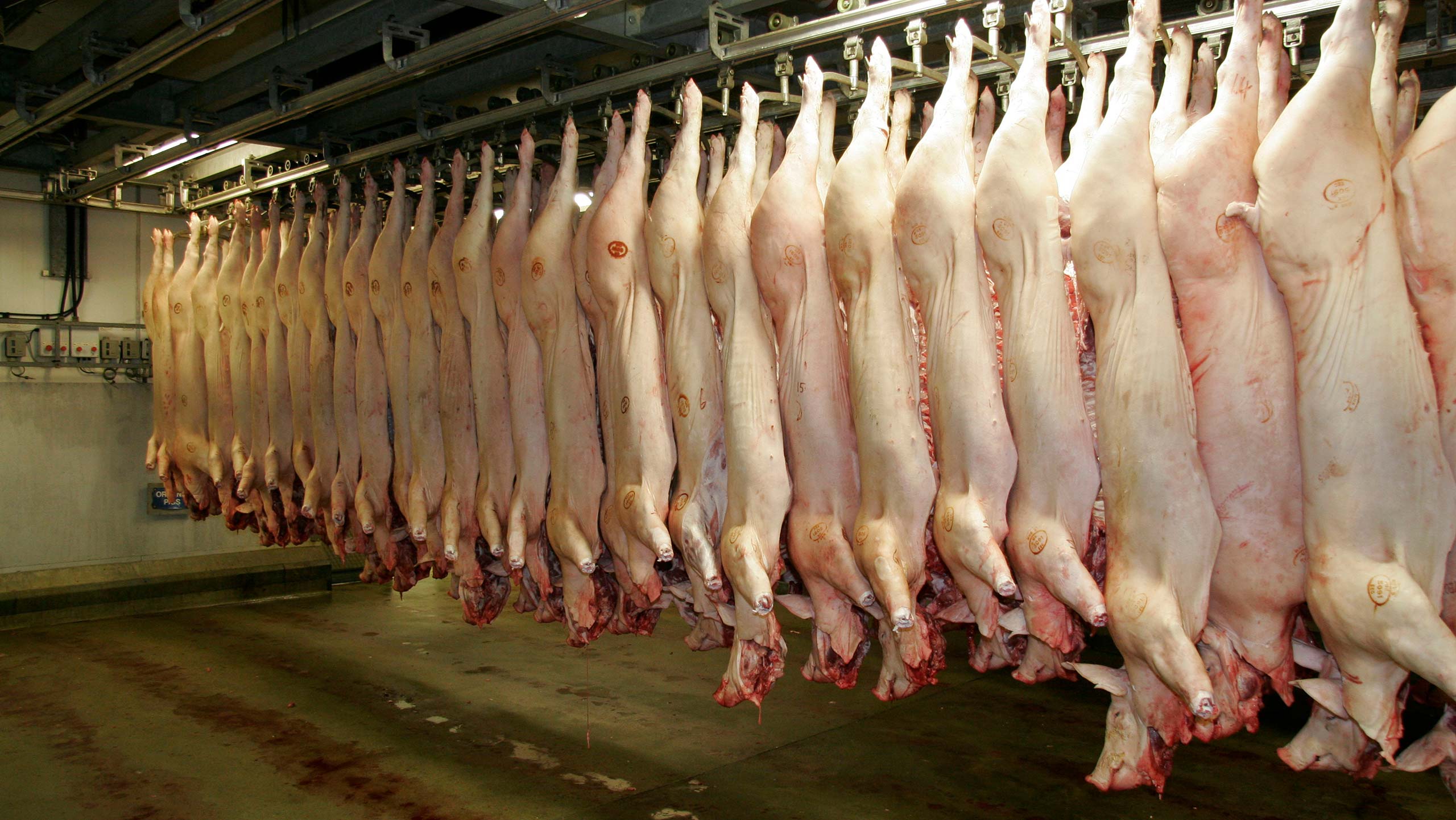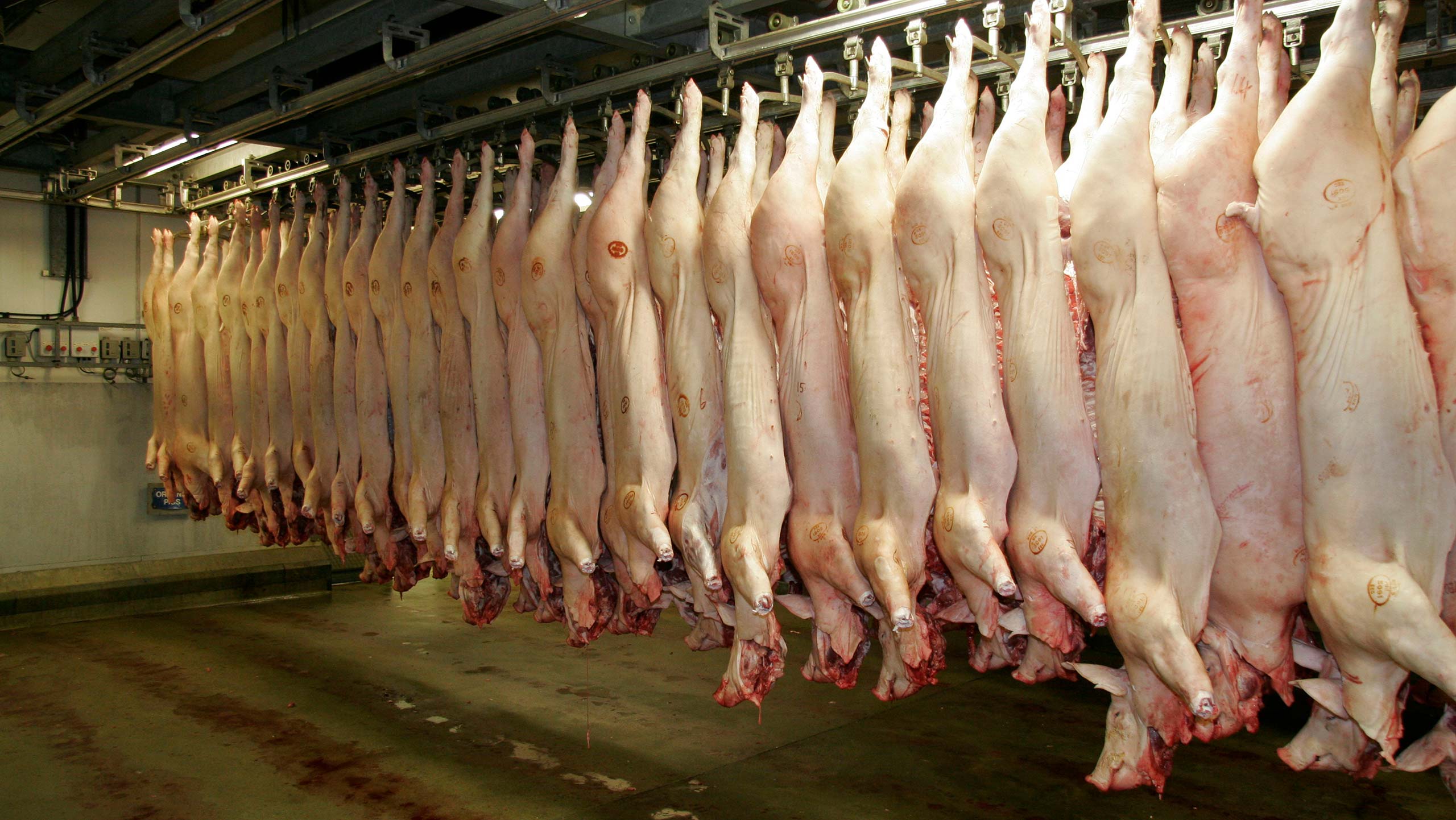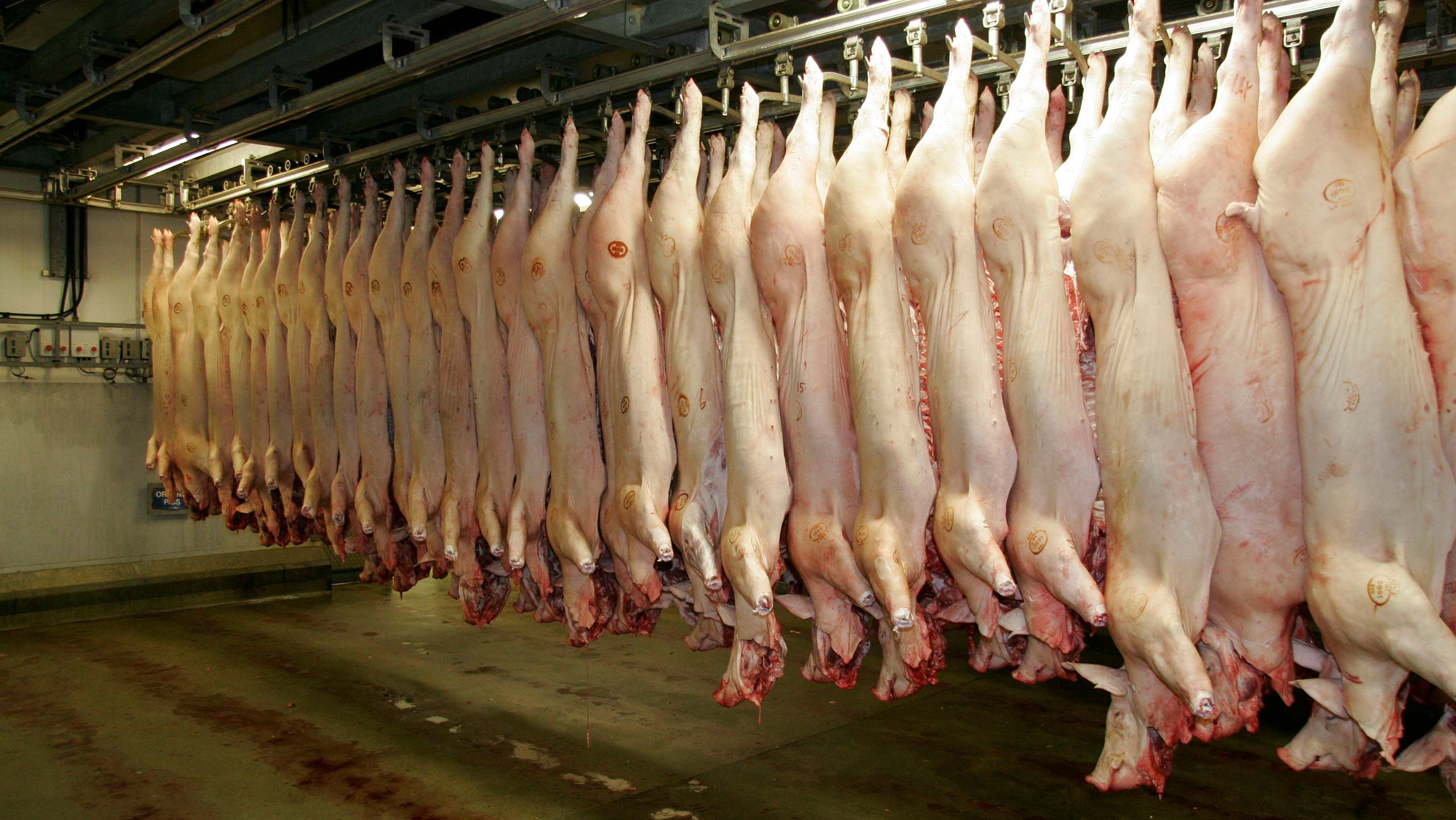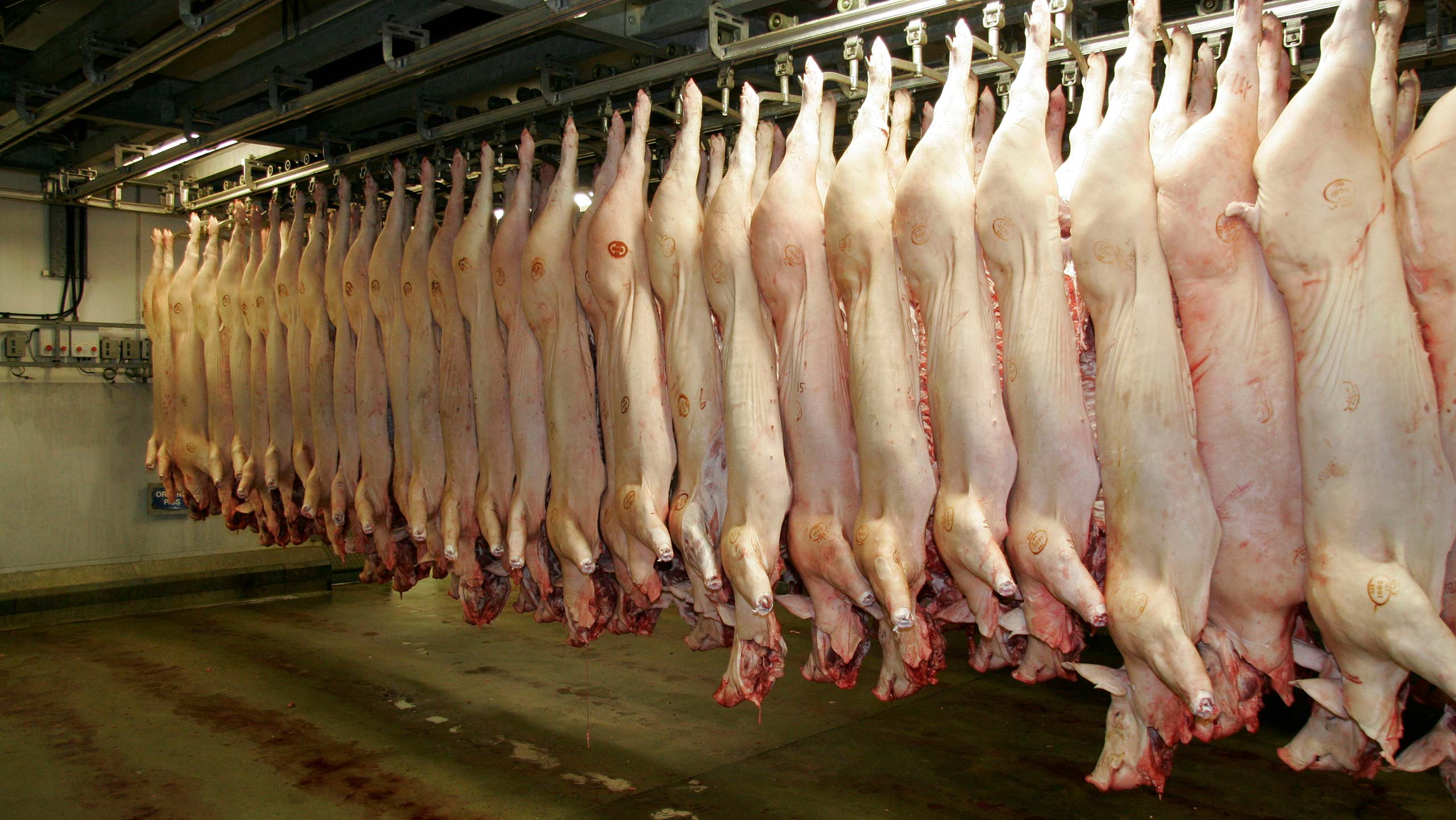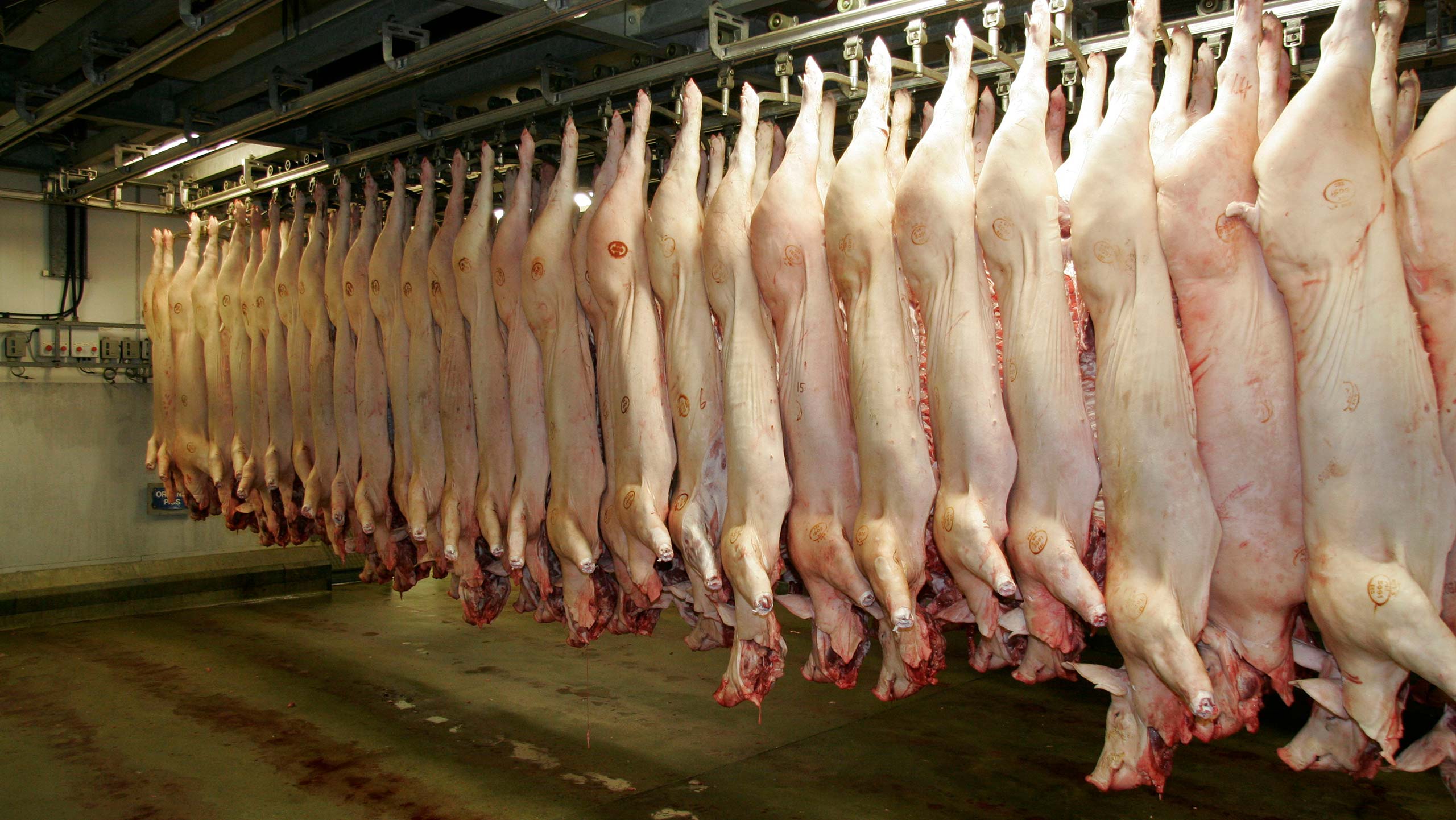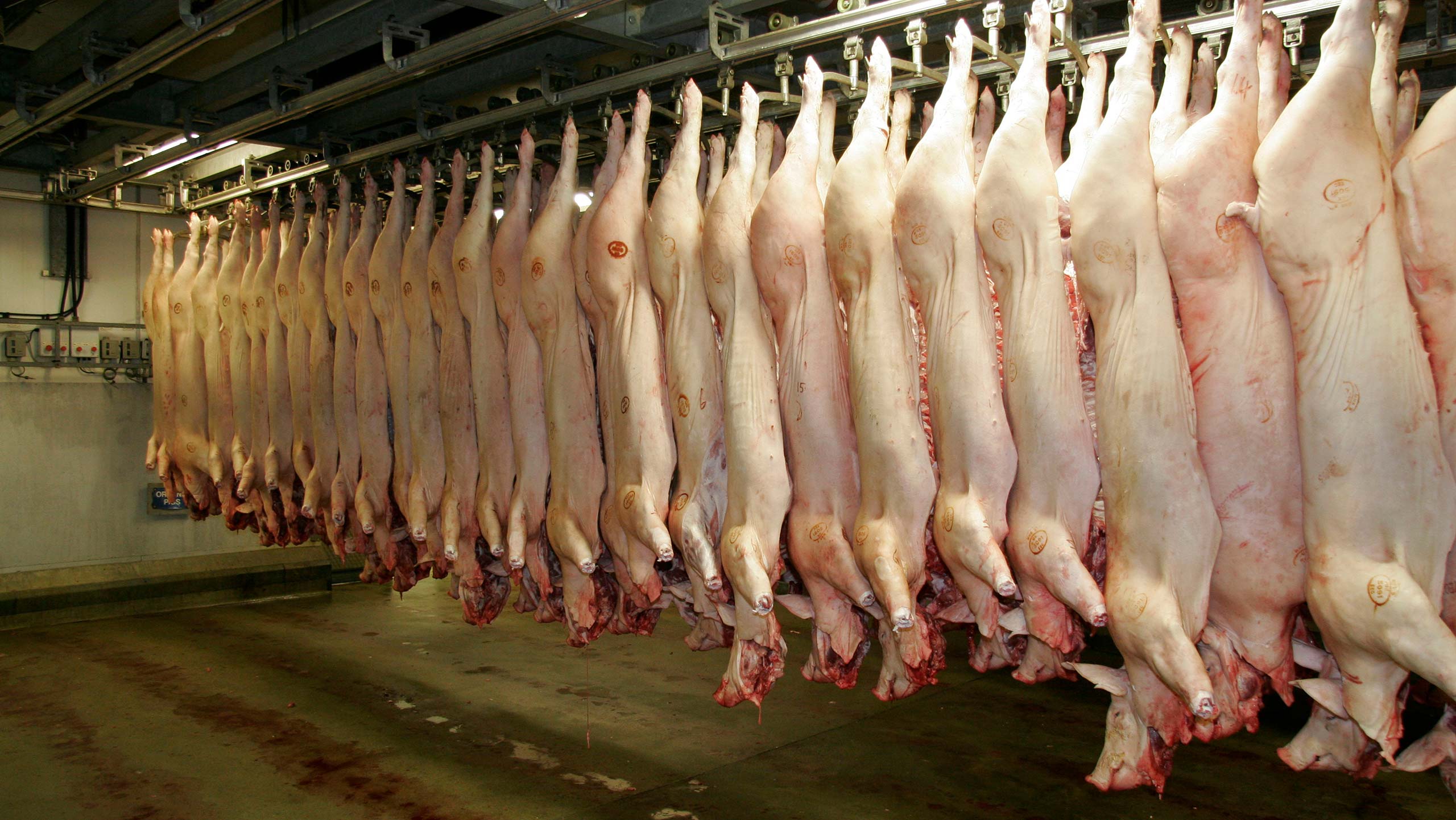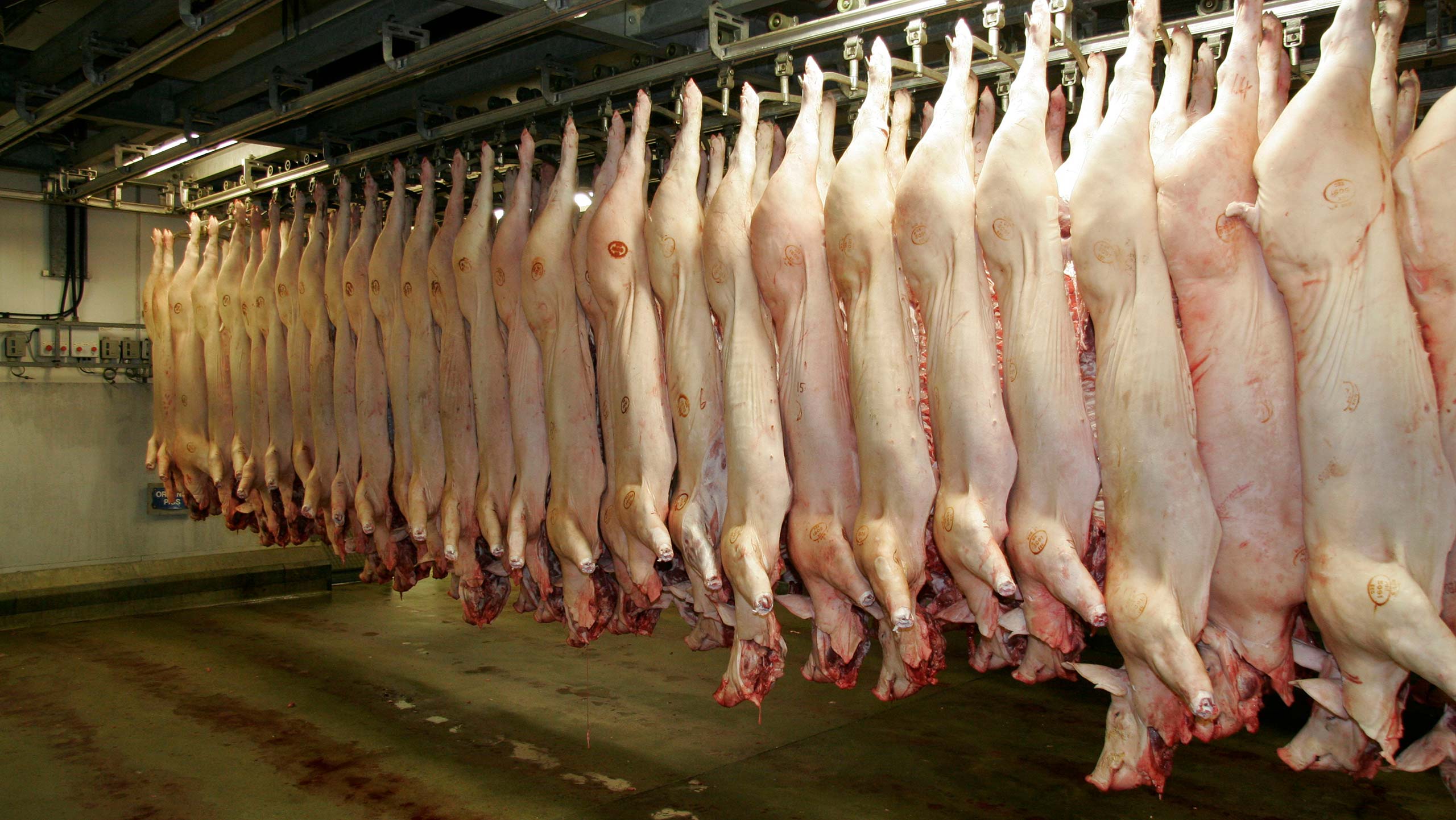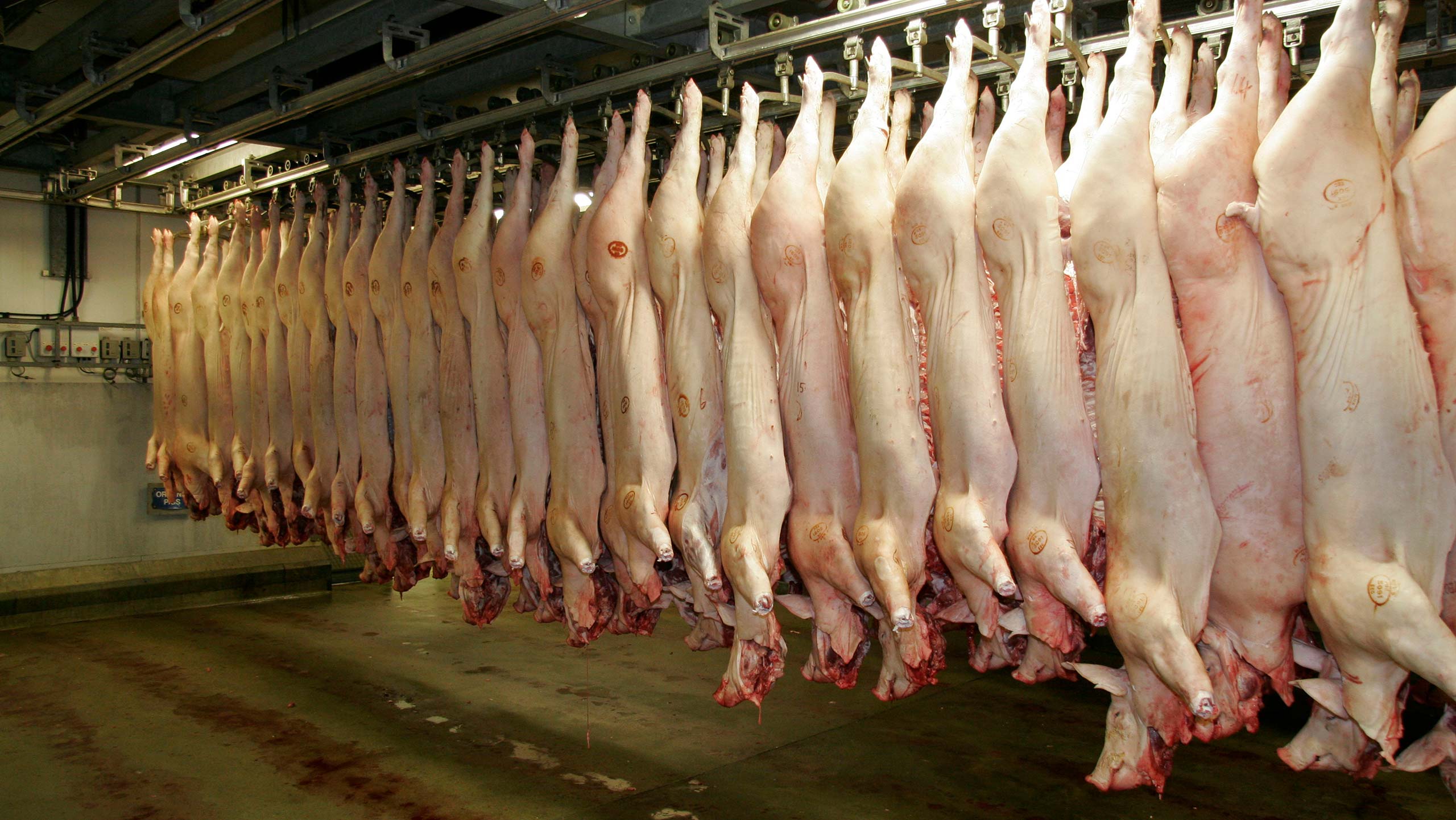When operating an abattoir, maintaining precise temperature control throughout your cold storage facilities isn't just about f…
Abattoir Environmental Insurance: Comprehensive Protection for Meat Processing Facilities
Introduction
Operating an abattoir involves significant environmental responsibilities and potential liabilities that standard business insurance policies often fail to address adequately. From waste disposal and water contamination to air quality management and soil protection, meat processing facilities face unique environmental challenges that require specialized insurance coverage. Environmental insurance for abattoirs provides essential protection against the substantial costs associated with environmental incidents, regulatory compliance, and cleanup operations.
Understanding Environmental Risks in Abattoir Operations
Abattoirs face numerous environmental hazards that can result in significant financial exposure. Blood, fat, and organic waste materials can contaminate soil and groundwater if not properly managed. Chemical cleaning agents, refrigerants, and processing additives pose additional contamination risks. Water usage in meat processing generates substantial wastewater that must be treated to meet environmental standards. Air emissions from rendering operations and waste management can impact local air quality and trigger regulatory action.
The scale of modern abattoir operations amplifies these risks. Large processing facilities handle thousands of animals daily, generating enormous volumes of organic waste and wastewater. Even minor system failures or procedural lapses can result in environmental incidents with far-reaching consequences. Historical contamination from decades of operation may also create legacy liability issues that surface unexpectedly.
Regulatory Framework and Compliance Requirements
Abattoirs operate under strict environmental regulations enforced by multiple agencies. The Environment Agency regulates water discharge, waste management, and air emissions through environmental permits. Local authorities oversee waste collection and disposal arrangements. The Food Standards Agency ensures food safety standards that intersect with environmental protection requirements.
Environmental permits specify exact limits for water discharge quality, waste disposal methods, and air emission levels. Exceeding these limits can trigger immediate enforcement action, including prosecution and substantial fines. Regular monitoring and reporting requirements create ongoing compliance obligations that must be maintained consistently.
The regulatory landscape continues evolving, with increasingly stringent environmental standards and enhanced enforcement powers. Recent legislation has expanded liability for environmental damage and increased penalties for non-compliance. Climate change initiatives are introducing additional requirements for carbon emissions reporting and reduction targets.
Types of Environmental Insurance Coverage
Pollution Liability Insurance
This coverage protects against claims arising from pollution incidents, including bodily injury, property damage, and cleanup costs. It covers both sudden and gradual pollution events, providing essential protection for contamination incidents that may not be immediately apparent.
Environmental Impairment Liability
Specifically designed for businesses with significant environmental exposure, this coverage addresses pollution conditions at owned, leased, or operated premises. It includes coverage for third-party claims and regulatory action costs.
Contractors Pollution Liability
Essential when engaging environmental contractors for cleanup or remediation work, this coverage protects against pollution incidents arising from contracted environmental services.
Transportation Pollution Liability
Covers environmental incidents during the transportation of waste materials, chemicals, or other potentially hazardous substances to and from the abattoir facility.
Remediation Cost Coverage
Provides funding for environmental cleanup operations, including soil remediation, groundwater treatment, and waste removal. This coverage is crucial given the substantial costs associated with environmental restoration.
Business Interruption Coverage
Environmental incidents can force facility closure during cleanup operations, resulting in significant business interruption losses. This coverage compensates for lost income and ongoing expenses during enforced closure periods.
Key Benefits of Environmental Insurance for Abattoirs
Financial protection represents the primary benefit, with environmental cleanup costs often exceeding millions of pounds. Insurance coverage provides access to specialist environmental contractors and technical expertise essential for effective incident response. Legal defense coverage protects against regulatory enforcement action and third-party claims.
The insurance policy provides access to 24/7 incident response services, ensuring immediate professional assistance when environmental incidents occur. This rapid response capability can significantly minimize the extent of contamination and reduce overall cleanup costs.
Risk management support helps identify potential environmental hazards and implement preventive measures. Many insurers provide risk assessment services, helping abattoirs understand their environmental exposure and develop appropriate mitigation strategies.
Factors Affecting Environmental Insurance Premiums
Facility size and processing capacity directly impact premium calculations, with larger operations facing higher potential exposure. The age and condition of equipment, particularly waste treatment systems and storage tanks, significantly influence risk assessment.
Environmental management systems and compliance history play crucial roles in premium determination. Facilities with strong environmental management practices and clean compliance records typically qualify for more favorable rates.
Geographic location affects risk assessment, with facilities in environmentally sensitive areas or near water sources facing higher premiums. Proximity to residential areas or other sensitive receptors also influences risk evaluation.
The types of chemicals and substances used in processing operations impact risk assessment. Facilities using hazardous chemicals or generating particularly problematic waste streams may face higher premiums.
Claims Examples and Case Studies
A large abattoir in Yorkshire faced a £2.3 million cleanup bill after a storage tank leak contaminated groundwater with organic waste. The environmental insurance policy covered remediation costs and business interruption losses during the three-month cleanup period.
Another facility experienced a wastewater treatment system failure that resulted in untreated effluent discharge into a nearby river. The Environment Agency imposed a £450,000 fine and required extensive environmental monitoring. Environmental insurance covered the penalty and ongoing monitoring costs.
A processing plant discovered historical soil contamination during expansion work, requiring extensive remediation before construction could proceed. The environmental policy provided coverage for investigation costs, soil treatment, and project delays.
Risk Management and Prevention Strategies
Implementing comprehensive environmental management systems reduces both risk exposure and insurance premiums. Regular equipment maintenance and inspection programs help identify potential problems before they result in environmental incidents.
Staff training on environmental procedures and emergency response protocols ensures proper handling of hazardous materials and waste streams. Clear procedures for incident reporting and response help minimize the impact of environmental events.
Regular environmental monitoring and testing programs help identify potential issues early and demonstrate proactive environmental management to insurers and regulators.
Choosing the Right Environmental Insurance Policy
Selecting appropriate coverage requires careful assessment of specific environmental risks and potential exposure levels. Working with insurance brokers experienced in environmental coverage ensures access to specialized markets and appropriate policy terms.
Policy limits should reflect the potential scale of environmental incidents, considering both immediate cleanup costs and long-term monitoring requirements. Deductible levels should balance premium costs with acceptable risk retention.
Coverage territories must align with operational locations and transportation routes. Retroactive dates should provide adequate coverage for historical operations and potential legacy contamination issues.
Integration with Other Insurance Policies
Environmental insurance should complement existing business insurance arrangements without creating coverage gaps or unnecessary overlaps. Coordination with general liability, property, and business interruption policies ensures comprehensive protection.
Professional indemnity coverage may be required for environmental consultancy services or waste management advice provided to third parties. Product liability coverage addresses potential contamination of meat products due to environmental incidents.
Regulatory Compliance and Insurance Requirements
Some environmental permits require specific insurance coverage as a condition of authorization. Waste management licenses may mandate pollution liability coverage with minimum policy limits.
Financial assurance requirements for waste operations often accept insurance policies as acceptable security for potential cleanup costs. Environmental insurance can satisfy these regulatory requirements while providing broader protection.
Future Trends and Considerations
Climate change legislation is introducing new environmental obligations and potential liabilities for abattoirs. Carbon emissions reporting and reduction targets may create additional compliance requirements and associated risks.
Increasing public awareness of environmental issues is driving stricter enforcement and higher penalties for environmental violations. Social media and environmental activism can amplify the reputational impact of environmental incidents.
Technological advances in waste treatment and environmental monitoring are creating new opportunities for risk reduction but also potential liabilities if systems fail or are improperly implemented.
Cost Considerations and Budgeting
Environmental insurance premiums typically represent a small percentage of overall operational costs but provide protection against potentially catastrophic financial exposure. Premium costs should be evaluated against the potential scale of environmental liabilities.
Many insurers offer premium payment options, including monthly or quarterly payments, to help manage cash flow. Some policies include premium adjustment mechanisms based on actual exposure levels or claims experience.
Risk improvement credits may be available for facilities implementing enhanced environmental management systems or upgrading equipment to reduce environmental risks.
Claims Process and Incident Response
Environmental incidents require immediate notification to both insurers and regulatory authorities. Most environmental policies include 24/7 claims reporting services and immediate access to environmental response contractors.
The claims process typically involves immediate incident assessment, regulatory notification, and deployment of specialist contractors for containment and cleanup operations. Insurers often take an active role in managing environmental claims due to their complexity and potential scale.
Documentation requirements for environmental claims are typically extensive, requiring detailed records of the incident, response actions, and associated costs. Maintaining comprehensive records throughout the claims process is essential for successful claim resolution.
Conclusion
Environmental insurance represents essential protection for abattoir operations, providing financial security against the substantial costs associated with environmental incidents and regulatory compliance. The complex environmental risks inherent in meat processing operations require specialized coverage that standard business insurance policies cannot adequately address.
Selecting appropriate environmental insurance requires careful assessment of specific risks, regulatory requirements, and potential exposure levels. Working with experienced insurance professionals ensures access to appropriate coverage and competitive terms.
The investment in environmental insurance provides not only financial protection but also access to specialist expertise and resources essential for effective environmental risk management. As environmental regulations continue to evolve and enforcement becomes more stringent, environmental insurance will become increasingly important for sustainable abattoir operations.
Get Expert Advice on Abattoir Environmental Insurance
For specialist advice on environmental insurance for your abattoir or meat processing facility, contact our experienced team at Insure24. We understand the unique environmental challenges facing the meat processing industry and can help you secure comprehensive protection tailored to your specific operations.
Call us on 0330 127 2333 or visit our website at www.insure24.co.uk for more information about our specialized commercial insurance solutions.


 0330 127 2333
0330 127 2333
